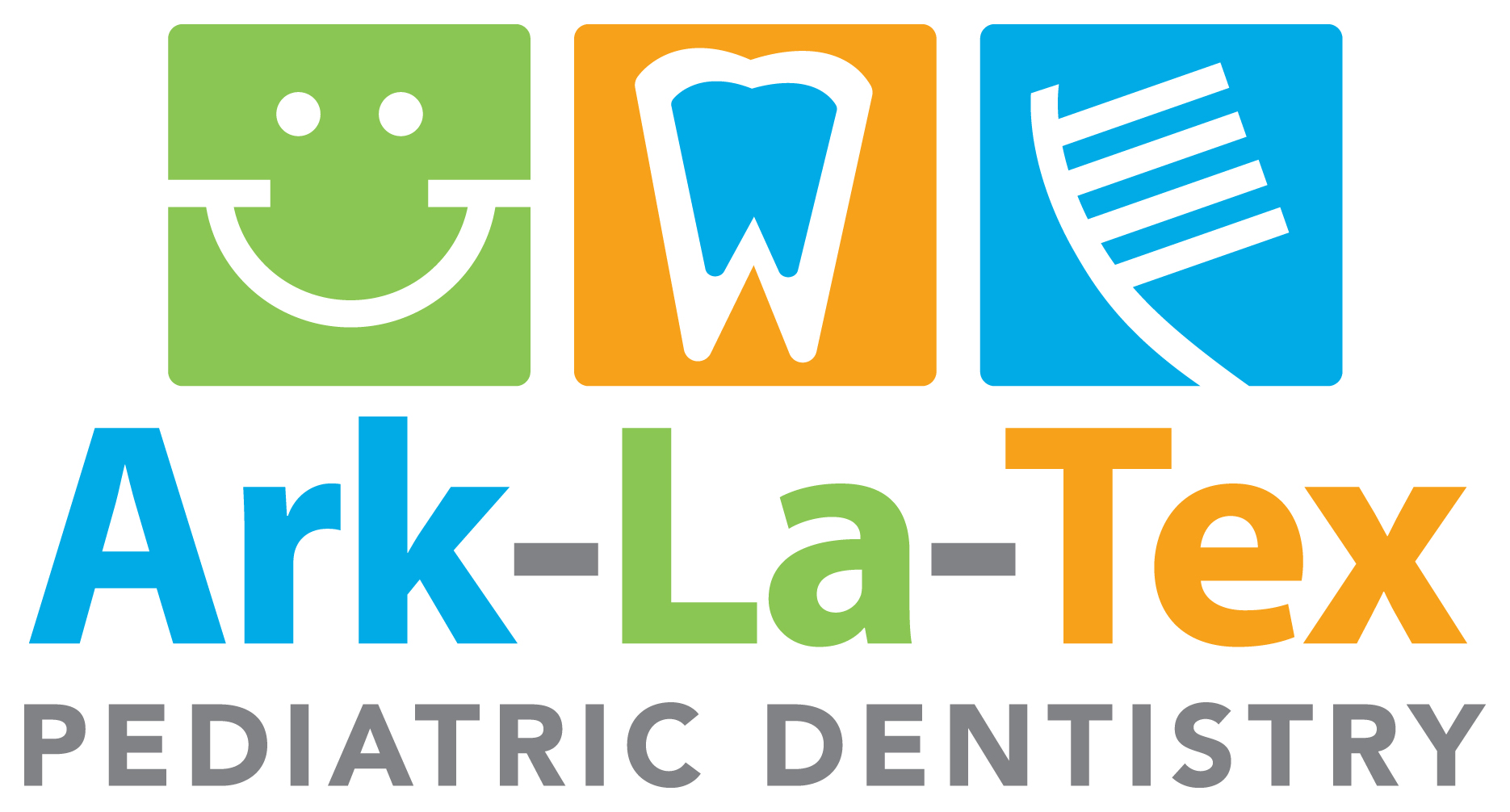Our family dentist, Dr. Steele, provides pediatric dental care to infants and children ages 0 – 18, and helps guide expectant mother’s through their special oral health need during and post pregnancy.
At Ark-La-Tex Pediatric Dentistry, we are dedicated to delivering an exceptional dental experience and superior care throughout every age and stage of your life.
How does your dental care differ during the various stages and ages? You can expect the following.
Expectant Moms
If you are planning to become pregnant or have just received the good news, it’s time to head into the dentist to make sure that you are in good oral health. The increased hormones that go along with pregnancy can cause pregnancy-induced gingivitis. Symptoms include: puffy gums, inflammation, and sensitivity. If left untreated it can lead to periodontal disease, which has been associated with preterm birth, low birth weight in newborns, and preeclampsia.
Dr. Steele will closely examine you and help you create an at home oral-health plan that will help ensure your overall health and the health of your baby.
First Trimester
During the first 3 months of your pregnancy you may experience morning sickness. While it might be the last thing on your mind, be sure to care for your teeth after getting sick. The acids from your stomach can damage your teeth. Rinsing with water and a teaspoon of baking soda will neutralize the acid, and we suggest that you add a fluoride rinse to your brushing routine to help fortify and strengthen the enamel on your teeth. Also hold of whitening treatments until after you have given birth and strip your lifestyle of anything that might be harmful to your baby: smoking, drinking, using medications that haven’t been cleared by your pediatrician.
Second Trimester
The second trimester can often times be one of the most pleasant. Focus your efforts on maintaining a healthy diet that is full of folic acid, vitamin C, calcium, and vitamin B12. Take a supplemental prenatal vitamin throughout your pregnancy. Remember to adhere to your at home dental routine and make sure Dr. Steele is aware of your pregnancy and it’s progression if you schedule a visit and have not already done so. If you have any special dental needs, this is the best trimester to have them addressed during.
Third Trimester
The third trimester can be challenging and isn’t the ideal time to visit the dentist though Dr. Steele is always happy to see or speak with you when needed. Schedule your next dental visit for shortly after you give birth to your baby. Studies have shown that babies may get bacteria from their mother’s saliva, which can lead to early childhood cavities. Maintain your best at home oral health habits in an effort to preserve your health and your baby’s health.
0-2 Years
Babies’ teeth erupt around 6-8 months of age, but you can start their oral health routines even before their pearly whites arrive. Use a soft cloth to gently wipe your baby’s gums after feeding. You can start brushing each tooth as it arrives with a soft baby-sized brush twice a day. The ADA and AAPD recommend using a smear of fluoride-containing toothpaste (the size of a grain of rice) twice a day. When your child turns two, you can use a pea-sized amount.
During their first year, your baby should never be put to sleep with a bottle in their mouth. This can put their teeth at risk for early decay. Your child’s first dental visit should take place around their first birthday. Dr. Steele will check their teeth and discuss any oral health related issues with you.
3-5 Years
By the age of three, your child should have all 20 primary teeth. To protect their teeth from cavities, wean them off the bottle and Sippy cup by age 1, make sure they brush twice a day, and have them use fluoride toothpaste at each brushing. Minimizing sugar-filled snacks and juice will go a long way toward warding of decay, and helping your child stop sucking habits (pacifier, thumb) by the age of three will help prevent bite problems. Children should be able to brush their teeth on their own, but should be supervised until 10 years of age.
6-11 years
Get ready to clean out your bank account, around six years of age your children will start to lose their baby teeth. They will simultaneously begin to gain their back permanent teeth. Around ages 3 to 5, their teeth will start to touch, and they should begin flossing between each and down to the gum line. The vast majority of childhood cavities occur in the back teeth. Consider dental sealants as extra protection for the molars.
If your child is involved in sports, you may want to talk to Dr. Steele about a mouthpiece for your little athlete. They are appropriate for children involved in sports like baseball, basketball, and football.
12-18 Years
By the age of 12 or 13 most children have lost their baby teeth and have their 28 permanent teeth in place. Cavities become an increased threat for teenagers who now have the ability to eat what they want and begin to consume soda and sugary snacks on their own. This is also a stage that is marked by identification of misaligned bites and the discoloration of teeth. Dr. Steele and his skilled team are ready to help navigate this exciting and challenging age. We know what to expect and can help you identify develop a treatment plan that will help correct any issues that arise with your teen’s dental health and guide them and keep them on track with their at-home dental care practices.

